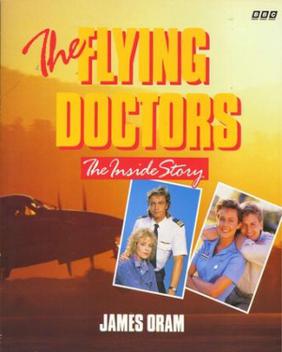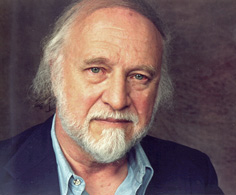schadenfreude |ˈ sh ädənˌfroidə| (also Schadenfreude)
noun. pleasure derived by someone from another person's misfortune.
We like to believe that the world is just. Good things happen to good people, and bad things, eventually, will happen to bad people. This belief, known as the
just world hypothesis in social psychology, even guides our attributions about why some people are homeless, for example, and others successful. We tend to believe that people deserve what happens to them because the world is just.
Well, in contrast to most people, I tend to find disconfirmation of the just world hypothesis all the time. It seems like just the opposite is true: good things happen to bad people--they rarely seem to get caught or face any negative consequences for their actions. Therefore, the news yesterday that O.J. Simpson was found guilty of armed robbery was a complete shock. Then there was the
NY Times article titled "Top Psychiatrist Didn't Report Drug Makers's Pay" that really surprised me. Charlie Nemeroff, a prominent research psychiatrist at Emory University, appears to be guilty of quite a few violations of federal and ethical guidelines regarding conflict of interest:
In one telling example, Dr. Nemeroff signed a letter dated July 15, 2004, promising Emory administrators that he would earn less than $10,000 a year from GlaxoSmithKline to comply with federal rules. But on that day, he was at the Four Seasons Resort in Jackson Hole, Wyo., earning $3,000 of what would become $170,000 in income that year from that company — 17 times the figure he had agreed on.
I have never met Nemeroff personally, but I have known many people over the past decade who have. For several years he has bragged about his consulting relationships with the major drug companies while supposedly conducting bias-free research on various treatments for mental illness. He has told audiences that he didn't have any real conflicts of interest because he accepted consulting fees from all the major companies. The problem, of course, is that it would be difficult for any normal human being to ignore the luxurious perks and the hefty consulting fees that such companies provide. This is exactly why the federal government wants institutions like Emory to insure that their investigators are not unduly influenced by private companies while supposedly doing research for the public at large.
Everyone who is been in Nemeroff's sphere of influence has known for years that he received a lot of drug company money, and, as I said, he also publicly acknowledged it. There was an arrogance about the way he believed that he was above it all. In the Times article, an except of a 2000 letter shows how he vaguely threatened Emory when they started to question his activities:
“Surely you remember that Smith-Kline Beecham Pharmaceuticals donated an endowed chair to the department and that there is some reasonable likelihood that Janssen Pharmaceuticals will do so as well,” he wrote.
“In addition, Wyeth-Ayerst Pharmaceuticals has funded a Research Career Development Award program in the department, and I have asked both AstraZeneca Pharmaceuticals and Bristol-Meyers [sic] Squibb to do the same. Part of the rationale for their funding our faculty in such a manner would be my service on these boards.”
It's clear that Emory's School of Medicine and its Department of Psychiatry have benefitted enormously from Nemeroff's dubious activities, and it probably explains why they tolerated what he was doing for as long as they did. I guess that Emory's officials had long known that Nemeroff was receiving more than $10,000 a year from GSK, but chose to look the other way because of their own conflict of interest. Really, the Emory community is small enough to find these things out with just a few questions.
But what gave me particular pleasure in this case was the fact that this arrogant academic bully has finally been caught. He (with help from his cronies, who I hope are next on the list) has run his area of psychiatry like a mafia drug lord. His 850 publications include many in which he had absolutely no role but being the chair of the department. Stories of his interactions with students, colleagues, and training fellows that I have heard over the years have always been laced with instances of bullying, arrogance, and sexism. Simply put, he has been an enormous jerk whose influence over other people's careers has been unchecked.
In an update to the Times article, I see that Emory has announced that Nemeroff has “voluntarily step[ped] down as chairman of the department, effective immediately, pending resolution of these issues.” My guess is that Emory will eventually receive some sort of sanction from this, and Nemeroff will have to leave the university for good. And on that day I'll have a private toast to the fact that there is one less a*hole in academia to make our lives miserable.


 Since 1984 Australia has used $1 and $2 gold coins instead of paper bills, so I won't be tracking money here. There are $5, $10, $20, $50, and $100 bills. Each is a different colour, which means there is little confusion when I go digging for money in my wallet. Still, I wonder what the chances are that one of my Aussie dollars will end up in Mendham, NJ some day.
Since 1984 Australia has used $1 and $2 gold coins instead of paper bills, so I won't be tracking money here. There are $5, $10, $20, $50, and $100 bills. Each is a different colour, which means there is little confusion when I go digging for money in my wallet. Still, I wonder what the chances are that one of my Aussie dollars will end up in Mendham, NJ some day.

